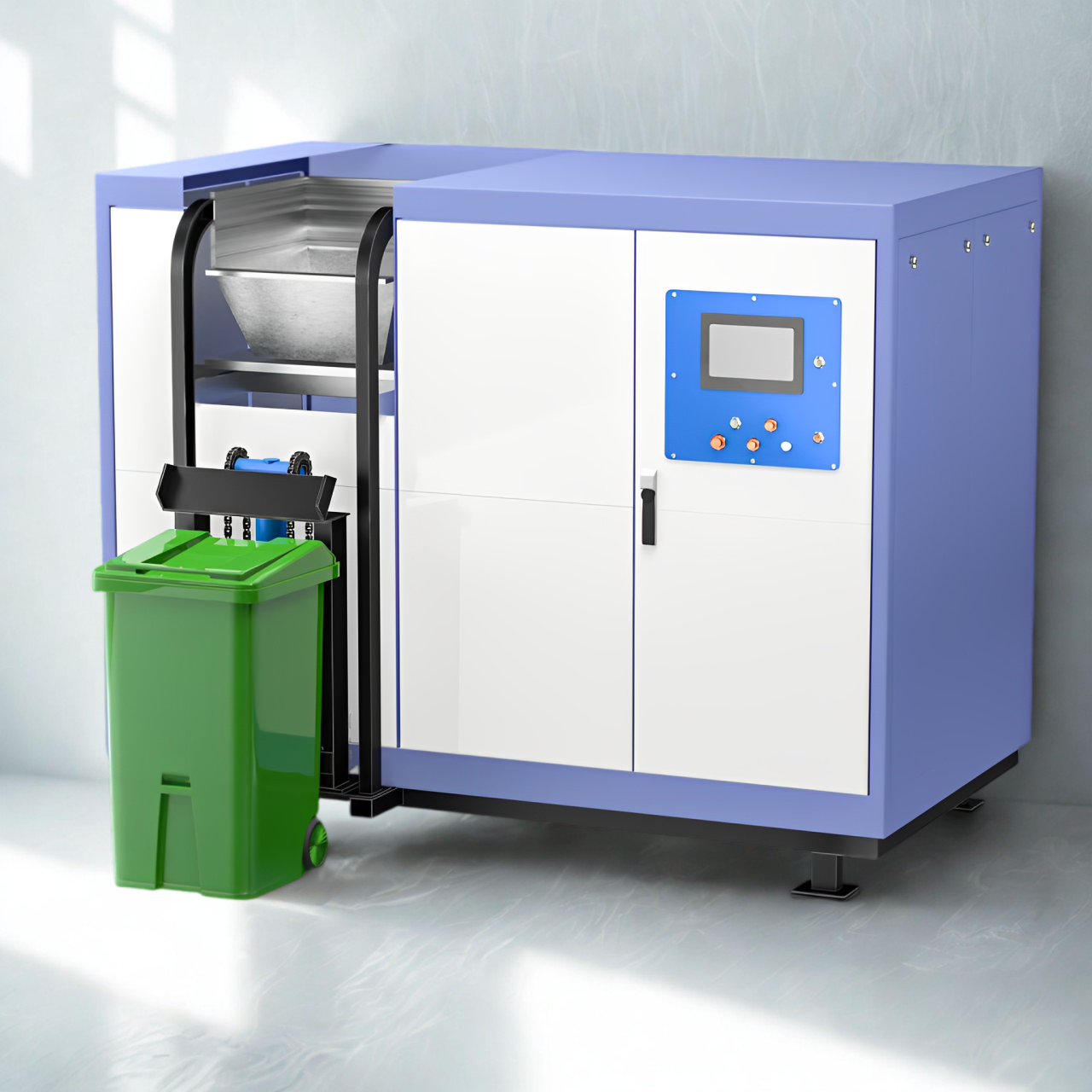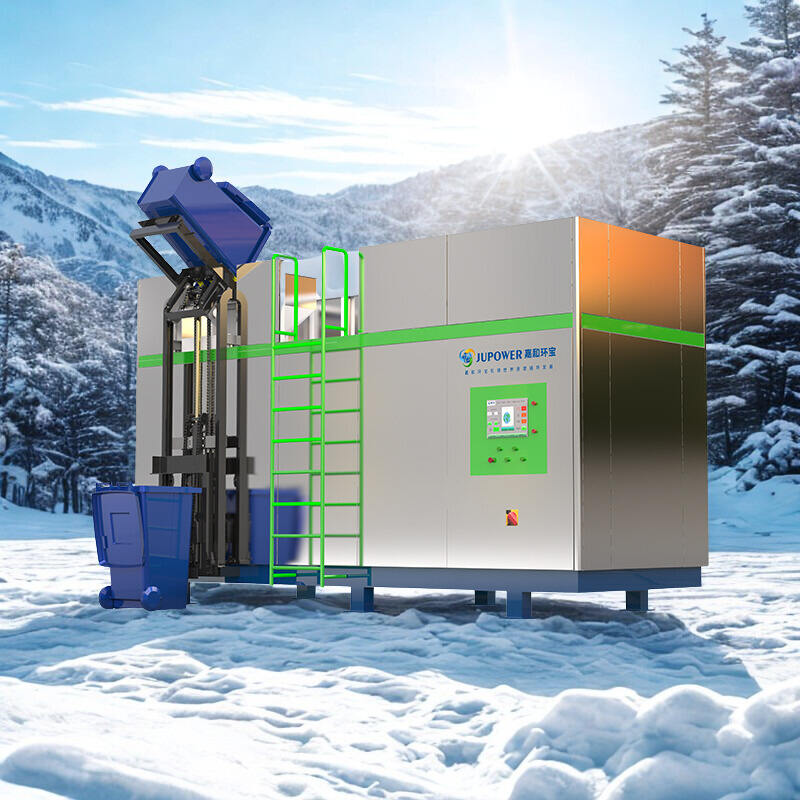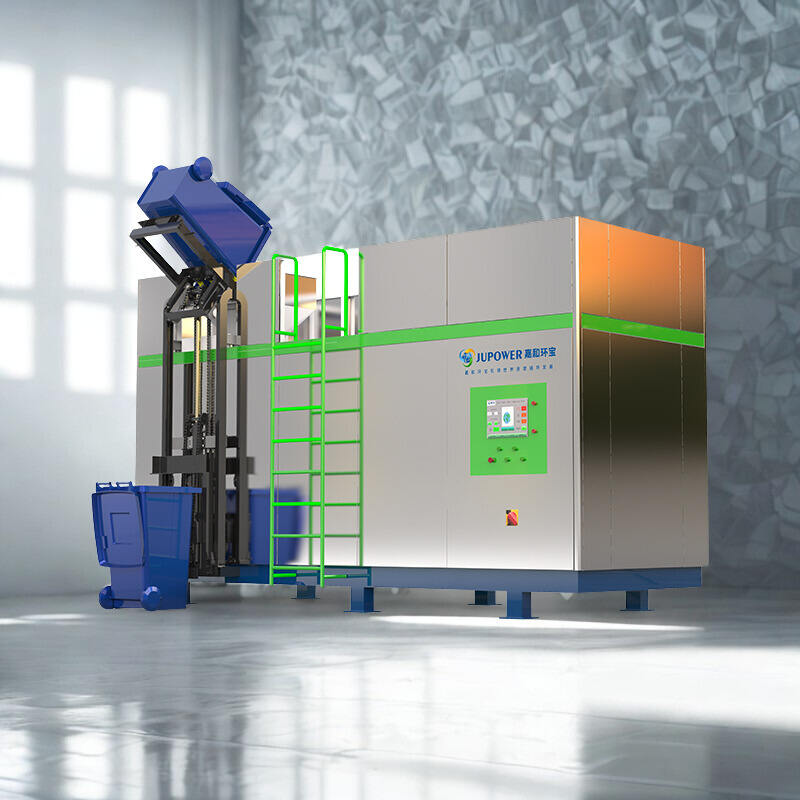organic recycling and treatment
Organic recycling and treatment represents a comprehensive approach to managing organic waste through environmentally conscious processes. This system efficiently transforms organic materials, including food waste, yard trimmings, and agricultural byproducts, into valuable resources. The process employs advanced biological decomposition methods, utilizing both aerobic and anaerobic treatments to break down organic matter effectively. Modern technology integration enables precise control over temperature, moisture, and oxygen levels, ensuring optimal decomposition conditions. The system incorporates sophisticated sorting mechanisms to remove contaminants, followed by size reduction equipment that enhances processing efficiency. Multiple treatment stages include initial preprocessing, active decomposition, curing, and final refinement, resulting in high-quality end products. These facilities typically feature automated monitoring systems that track key parameters throughout the process, ensuring consistent product quality. The applications span various sectors, from agricultural use in the form of nutrient-rich compost to biogas generation for energy production. The treatment process also supports waste-to-energy initiatives, creating renewable energy sources while reducing landfill dependence. Advanced filtration systems manage odor control and ensure environmental compliance, making these facilities suitable for operation in various locations. The technology's scalability allows implementation in both small community settings and large industrial operations, providing flexible solutions for diverse waste management needs.


